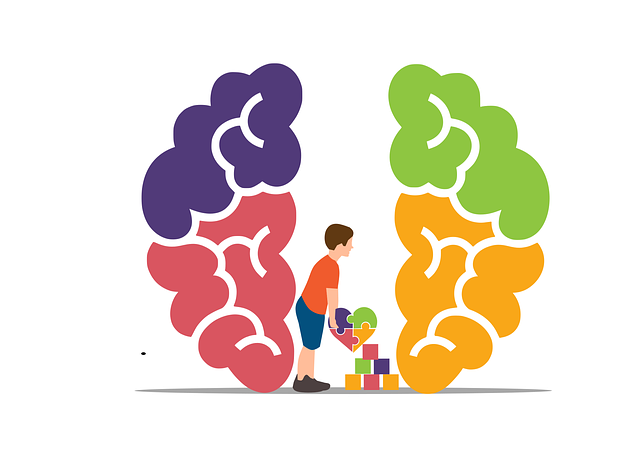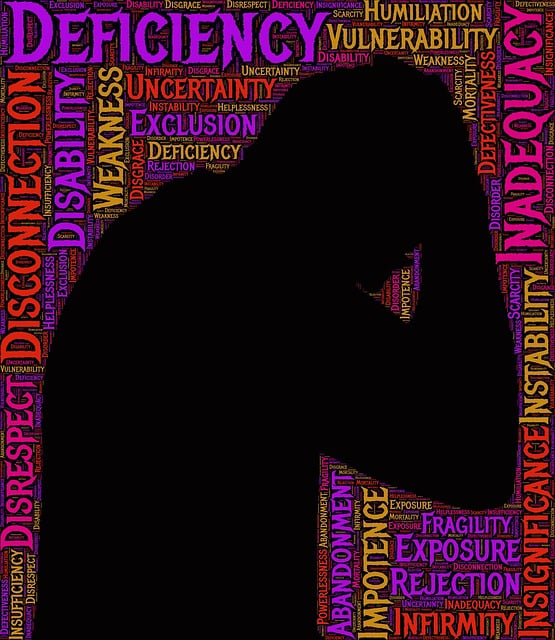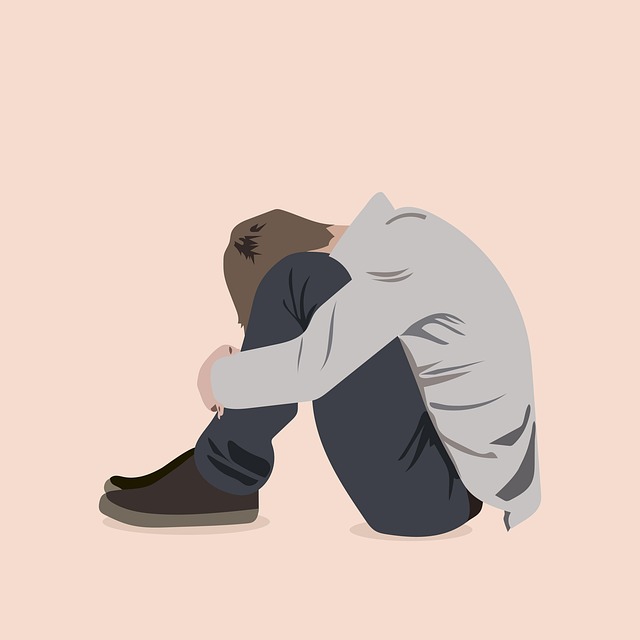Lone Tree Sexual Abuse Survivor Therapy provides specialized support for trauma healing, focusing on creating safe spaces and tailored self-awareness exercises. Using evidence-based practices like CBT and EMDR, they empower survivors to reclaim their well-being, reduce mental illness stigma, and rebuild safety. Through structured coaching and community outreach, clients regain control of their lives and develop coping skills for long-term mental wellness.
Mental wellness promotion is a crucial aspect of healing for survivors of sexual abuse, offering tools to navigate their journey towards recovery. This article explores essential strategies tailored to Lone Tree sexual abuse survivor therapy, focusing on understanding mental wellness, the power of therapy, and practical ways to sustain mental health post-trauma. By delving into these key areas, we aim to provide valuable insights for survivors seeking a path to resilience and well-being.
- Understanding Mental Wellness Promotion for Survivors of Sexual Abuse
- The Role of Therapy in Healing and Recovery
- Strategies for Sustaining Mental Health After Trauma
Understanding Mental Wellness Promotion for Survivors of Sexual Abuse

Mental wellness promotion is especially vital for survivors of sexual abuse, who often face unique challenges in their journey to healing. Understanding and addressing mental wellness among this population requires a nuanced approach that acknowledges the profound impact of trauma. Lone Tree Sexual Abuse Survivor Therapy emphasizes the importance of creating safe spaces where individuals can begin to process and make sense of their experiences, fostering self-awareness exercises tailored to their needs.
Through dedicated therapy sessions and structured coaching programs, survivors are equipped with essential coping skills development strategies. These initiatives aim to help them navigate the complexities of their emotional responses and gradually rebuild a sense of safety and control in their lives. By integrating evidence-based practices, mental wellness coaching programs play a crucial role in empowering Lone Tree sexual abuse survivors to reclaim their well-being and move towards a brighter future.
The Role of Therapy in Healing and Recovery

For many individuals, especially those who have experienced complex traumas like sexual abuse in their lone tree environments, therapy serves as a powerful tool for healing and recovery. The process allows for safe spaces where survivors can confront and work through their past experiences, helping them to unravel the intricate web of emotional and psychological impacts that trauma often leaves behind. Through various therapeutic approaches, such as cognitive behavioral therapy (CBT) or eye movement desensitization and reprocessing (EMDR), survivors are equipped with coping strategies and insights into their unique journeys.
Therapy doesn’t merely address past traumas; it also plays a pivotal role in Mental Illness Stigma Reduction Efforts. By fostering understanding and empathy, these sessions help both the survivor and their support network to challenge societal perceptions and embrace a culture of mental wellness. Furthermore, Community Outreach Program Implementation can be seamlessly integrated into therapeutic settings, extending support beyond individual sessions and cultivating a sense of belonging within the community for Lone Tree Sexual Abuse Survivor Therapy clients.
Strategies for Sustaining Mental Health After Trauma

After experiencing trauma, maintaining mental wellness can feel like an immense challenge. However, with the right strategies and support, it’s possible to cultivate resilience and restore a sense of balance. One effective approach is seeking specialized therapy, such as Lone Tree Sexual Abuse Survivor Therapy, which provides a safe space for individuals to process their experiences and develop coping mechanisms tailored to their unique needs. This form of therapy encourages clients to explore the emotional impact of trauma, fostering a deeper understanding of themselves and promoting healing.
In conjunction with professional treatment, cultivating positive thinking and self-esteem improvement can significantly contribute to long-term mental wellness. Engaging in practices like mindfulness meditation, journaling, or creative outlets can help individuals reframe negative thoughts and cultivate a more optimistic outlook. Additionally, educating healthcare providers on cultural competency training ensures that survivors receive culturally sensitive care, fostering trust and encouraging them to seek help without barriers.
Mental wellness promotion is a vital aspect of healing for survivors of sexual abuse, offering essential tools for navigating the path to recovery. By understanding the unique needs of these individuals and utilizing therapeutic approaches like Lone Tree sexual abuse survivor therapy, we can empower them to sustain mental health and lead fulfilling lives. This holistic approach, combined with practical strategies, equips survivors with resilience, enabling them to thrive despite their traumatic experiences.














